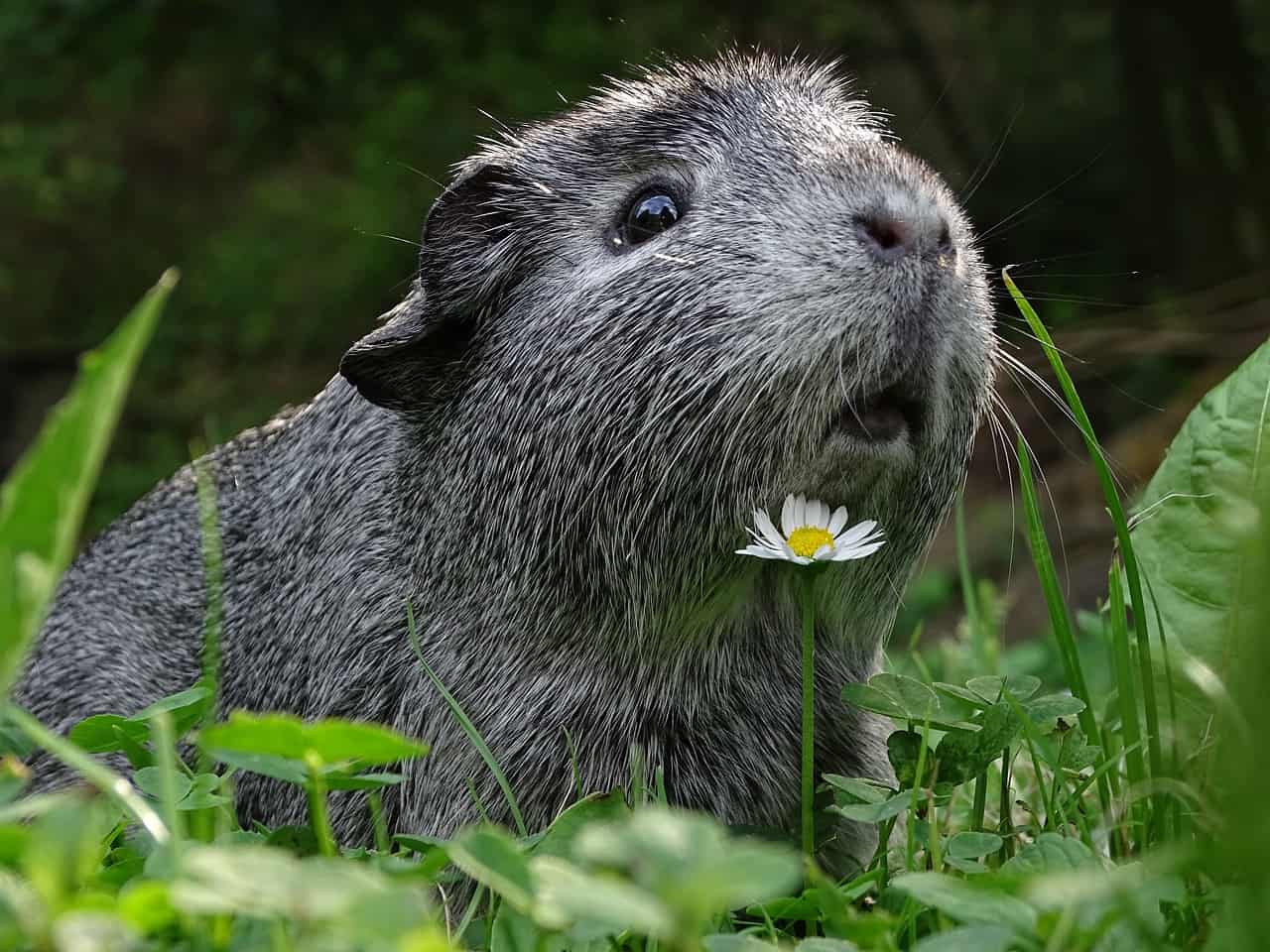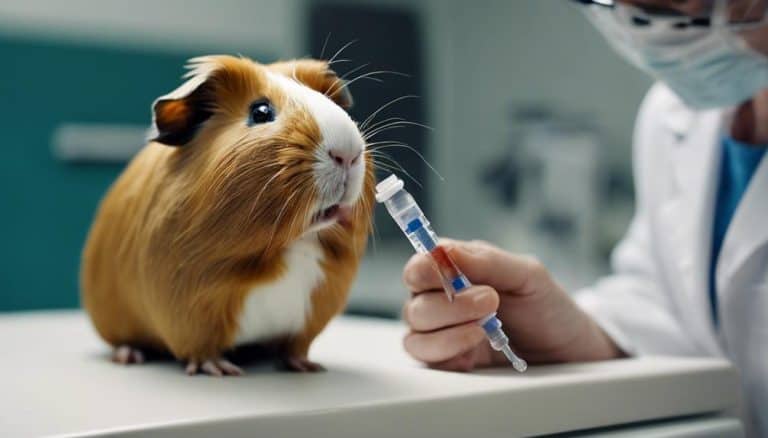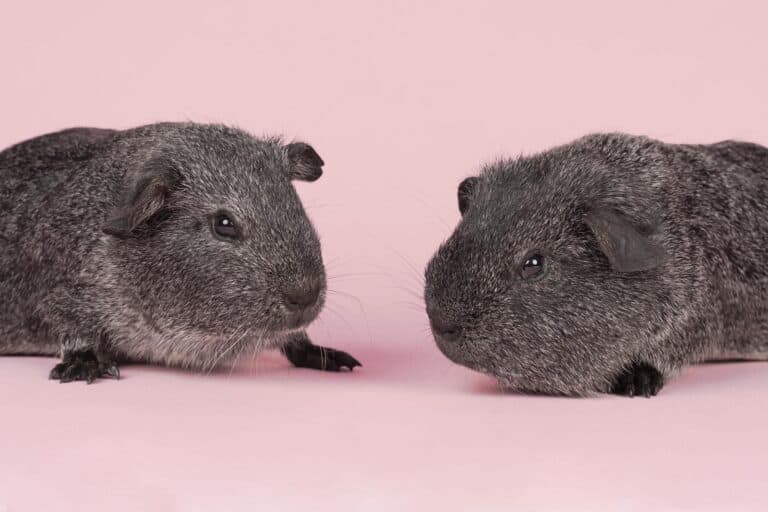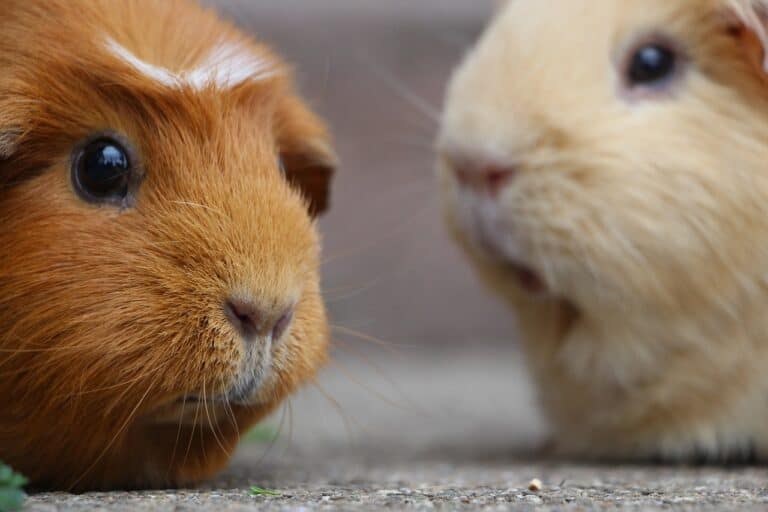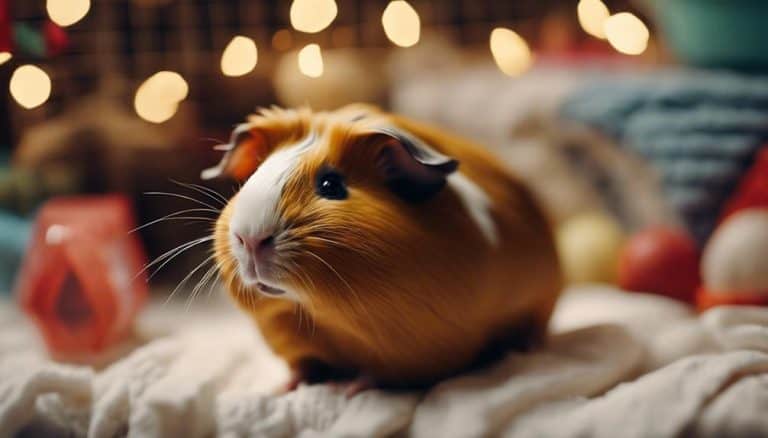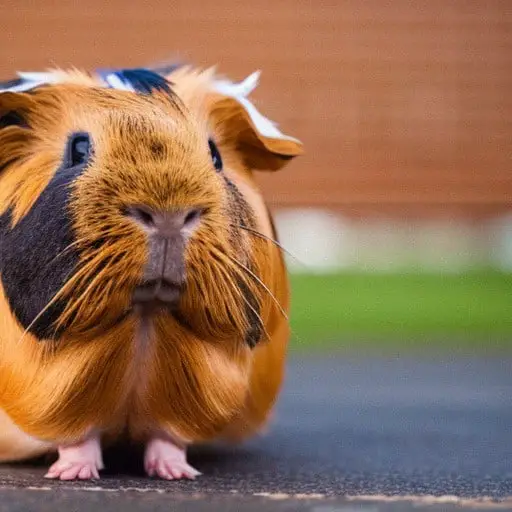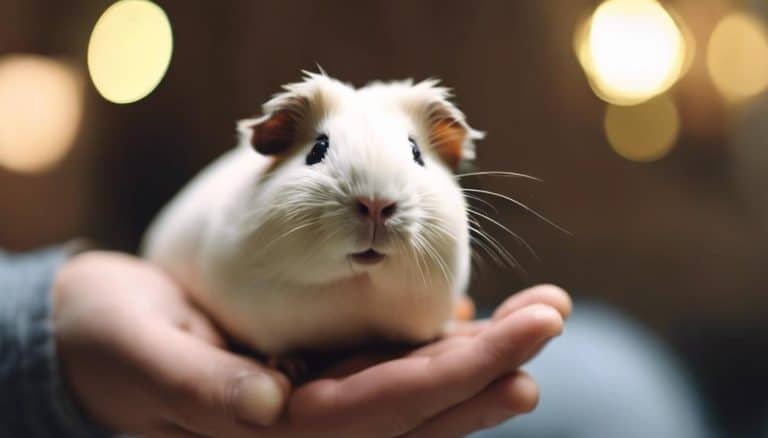Exploring the Sleeping Habits of Guinea Pigs: Do They Have Nightmares?
Overall, guinea pigs are fascinating creatures with their own unique behaviors and habits. When it comes to their sleeping patterns, there are many questions to be answered. Do they dream like humans do? Can they have bad dreams or nightmares? In this article, we will delve into the world of guinea pig sleep to find the answers.
What are the Sleeping Patterns of Guinea Pigs?
In order to understand the sleeping habits of guinea pigs, it’s important to first know how much they sleep. Generally speaking, guinea pigs sleep between 4-6 hours per day, broken up into several shorter naps throughout the day and night. These naps can last anywhere from a few minutes to a few hours.
Do Guinea Pigs Sleep with Their Eyes Open?
One common misconception about guinea pigs is that they sleep with their eyes open. However, this is not the case. Like most mammals, guinea pigs close their eyes when they sleep.
What is the Ideal Sleeping Environment for Guinea Pigs?
If you want to ensure that your guinea pig gets a good night’s sleep, it is important to create an ideal sleeping environment for them. This means providing a quiet, dark, and cozy space for them to nap in. A soft cushion or blanket can also help increase their comfort level.
Do Guinea Pigs Dream?
Now we come to the big question: do guinea pigs dream like humans do? In order to answer this question, we first must understand the concept of REM sleep.
What is REM Sleep?
REM (Rapid Eye Movement) sleep is a stage of sleep where the brain is highly active, and the eyes move rapidly back and forth. This is the stage of sleep where most dreaming occurs.
Do Guinea Pigs Experience REM Sleep?
While guinea pigs do go through different stages of sleep, including a stage that resembles REM sleep, there is no conclusive evidence that they experience the same level of dreaming that humans do.
What Stage of Sleep Do Guinea Pigs Experience?
During sleep, guinea pigs enter the non-REM stage, which is characterized by slower brain waves. This is the stage where the body repairs and replenishes itself.
Can Guinea Pigs Have Nightmares?
Now for the main question: can guinea pigs have nightmares? While it’s impossible to know for certain what creatures dream about, it is safe to assume that guinea pigs, like most animals, probably have dreams of their own.
What Causes Nightmares in Guinea Pigs?
The causes of nightmares in guinea pigs are not known for certain. However, it is likely that the same things that cause nightmares in humans – stress, anxiety, and fear – can also cause nightmares in our furry friends.
Can Furry Friends Have Bad Dreams?
In the same way that guinea pigs are likely to have dreams, they are also likely to have bad dreams or nightmares.
Do Guinea Pigs Twitch in Their Sleep?
If you’ve ever observed your guinea pig sleeping, you may have noticed them twitching or moving in their sleep. While this may be an indication of dreaming, it’s important to note that not all movement during sleep is caused by dreaming.
How to Ensure Your Guinea Pig Gets a Good Nap?
Now that we’ve covered the basics of guinea pig sleep, let’s talk about how to ensure they get a good nap.
What are the Signs of a Restful Sleep?
Some signs that your guinea pig is getting a restful sleep include quiet breathing, relaxed muscles, and no rapid eye movement.
How Does Brain Activity Affect Guinea Pig’s Sleep?
Maintaining a stimulating and enriching environment for your guinea pig can help promote healthy brain activity, which in turn can help them sleep better.
What is Rapid Eye Movement?
As we previously mentioned, Rapid Eye Movement (REM) is a stage of sleep where the eyes move rapidly and dreams occur. In conclusion, while there is still much to be learned about guinea pig sleep and dreaming, we now have a better understanding of their sleeping patterns and habits. By providing a peaceful and comfortable sleeping environment, as well as plenty of mental stimulation during waking hours, we can help ensure that our piggy friends get a good night’s rest. “

